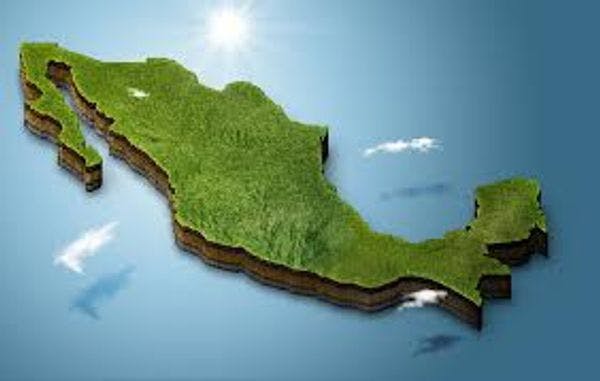OAS Report: Response from Mexico?
Exactly one year ago, during the Summit of the Americas in Cartagena, Colombia, the issue of drug policy was not (or was) officially opened.
In corridors and various meetings, the topic was impossible to avoid—although the United States tried their hardest. The progressive regulation of marijuana in the United States, as well as decades of highly expensive and ineffective anti-drug policies in the region, provided the perfect opportunity for President Juan Manuel Santos to achieve the necessary consensus to ask the Organization of American States (OAS) to conduct a comprehensive study on the current state of drug policy on the continent, and the possibilities the future holds.
After a year-long process, on Friday May 17, in Bogota, Colombia, the Secretary General of the OAS, José Miguel Inzulsa, gave President Santos the requested report. The document is actually two: first, an analytical report on "the drug problem in the Americas" and the other a report of four possible scenarios exploring them for the future of the region.
The process involved many specialists in the region and were selected to ensure a diverse set of viewpoints and positions, but the organizing agency was the OAS itself, which is traditionally dominated by the United States. Those involved in the final draft of both documents had low expectations of innovation.
However, the report could not contain the urgent need for change. Despite containing some strategies long used in the region (such as alternative development and the threat of "alternative justice" via drug courts) the report also recognizes the need for a genuine change of policies to address the problem from the perspective of health and human rights; calls for a balance in budgets; opens the door for testing alternative regulations, especially in the case of cannabis, and makes an implicit invitation to the rest of the global community to review, in one way or another, international drug control treaties.
But where was Mexico in all of this?
A few days ago, while participating in the Pacific Alliance meeting, the President of Mexico reiterated that, like his previous counterpart, he is open to debate the legalization of some drugs, but is certainly not in favor of it. In addition, he mentioned that "this may be an easy or even false position and could possibly be more effective to combat crime linked to drug trafficking and the sale of drugs." He also said that organized crime had diversified its activities, so that the "legalization would not prevent them from growing and may even increase other crimes." But in all honesty the "easy way", appears to be the same as before: it seems to forget that crime linked to drug trafficking stems from drug prohibition policies and these routes encourage black markets, increase the weakness of state institutions, and thus encourages impunity.
In other words, reformulating policies that simply continue prohibition will have the same results: violence, human rights violations, corruption and a lack of rule of law.
Keep up-to-date with drug policy developments by subscribing to the IDPC Monthly Alert.
